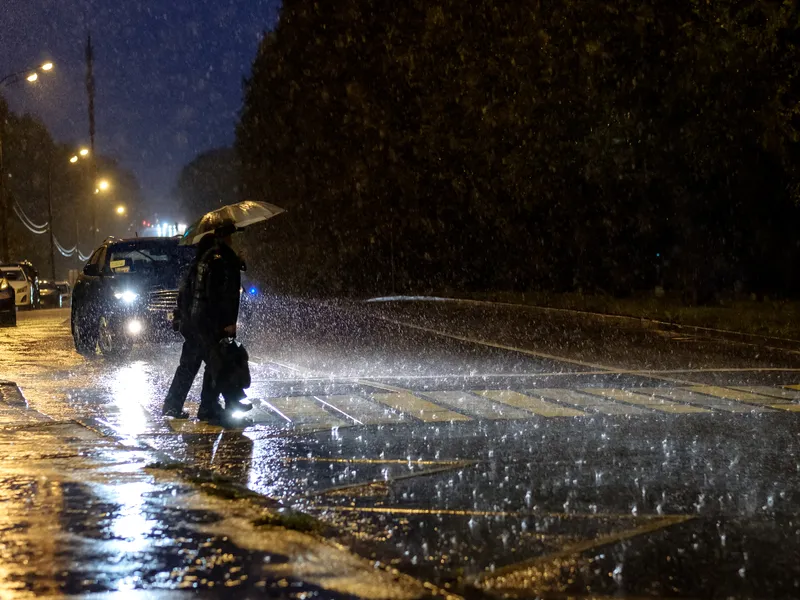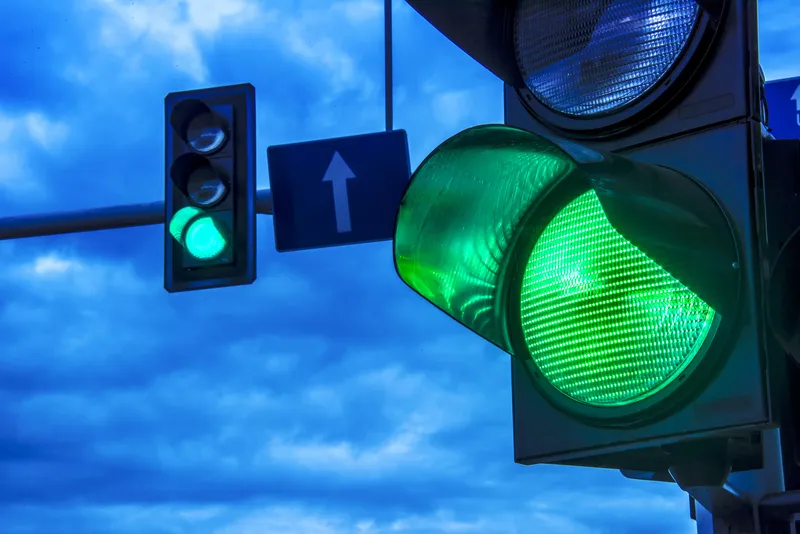
Two companies have developed a product which they say will help to protect vulnerable road users (VRUs) where visibility is poor - such as at night, in bad weather such as fog - or even in sun glare.
Infrared detector specialist Lynred and tech firm Umicore say their next-generation thermal sensing technology will 'drastically improve' the performance of PAEB (pedestrian autonomous emergency braking) in vehicles when there are adverse lighting conditions.
They say more than half of the 1.3 million people killed in road traffic crashes each year are VRUs, "with roughly 75% of these fatalities occurring where visibility is poor".
“Protecting pedestrians in poor visibility conditions makes a strong case for thermal imaging, which is well-established for being efficient in the majority of degraded visibility scenarios as it can detect and identify objects at greater distances and with more accuracy,” said Sebastien Tinnes, global market leader at Lynred.
He says the companies' project has linked together sensors and optics, "the two most critical parts of a thermal sensing system", and therefore optimises the capabilities and performance of next-generation PAEB systems.
A visible camera, along with a low-beam headlight, can detect at a distance of only 20-30m, thermal sensing can detect objects as far as 150-300m - and the firms say thermal sensing can also classify a living being (cyclist or deer, for example) from 100m-200m, depending on the sensor resolution (QVGA or VGA, respectively).
The thermal sensing technology for the new PAEB systems consists of a new 8.5µm pixel pitch microbolometer designed by Lynred and Umicore’s wafer-level lens technologies, and received funding under the European Heliaus project.
The solution - which the companies say provides "additional information vital for autonomous driving" - will be installed in a car equipped, internally and externally, with thermal cameras.










